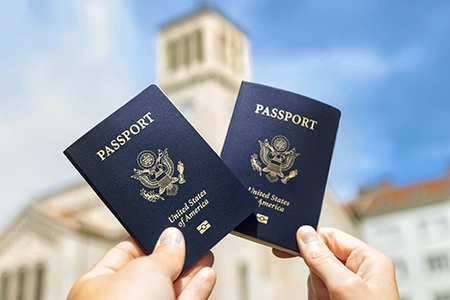Navigating the world of translation services can often feel like a convoluted puzzle, especially when negotiating fair rates. Whether you’re a client seeking English to Turkish translation services or a translator specialising in Turkish to English translation, understanding how to agree on a price that reflects both the quality of work and the expertise required is vital.
In this blog post, we aim to highlight the intricacies of translation rates, focusing on areas such as Turkish translation rates and the nuances involved in different language pairs. We’ll also delve into precise aspects like translation certification fees, which are critical in determining the overall cost.
Our goal is to furnish clients and translators with practical advice, ensuring that the agreed-upon rates are reasonable and proportionate with the demands and complexity of the task at hand. From understanding market standards to mastering negotiation tactics, this guide is your companion in achieving a harmonious and satisfactory financial agreement in translation services.

Before we begin…
Looking for human translation services that are fast, precise, and budget-friendly? Look no further! We offer top-notch translation solutions at unbeatable rates. Contact us now to get a quote and let us help you communicate effectively in any language.
Understanding Current Market Rates
In translation services, getting to the bottom of the current market rates is a pivotal first step in any negotiation, particularly in the UK market, where the landscape of translation services, including Turkish to English translation, is both dynamic and diverse.
For those exploring Turkish translation rates, it’s essential to note that in the UK, per-word rates typically range from £0.08 to £0.40. This variation is influenced by several factors, including the complexity of the text, the translator’s experience, and the project’s urgency. Understanding these rates is vital for clients budgeting for an English to Turkish translation project and for translators setting their fees.
Furthermore, hourly rates offer another perspective on the value of translation services. In the UK, these rates generally fall between £30 and £50 per hour. This pricing model is often preferred for projects where word count is not the sole factor, such as for translation certification fees or tasks requiring extensive research or subject matter expertise.
By gaining insight into these market standards, clients and translators can enter negotiations with a well-informed perspective, ensuring a fair and equitable agreement reflecting the true value of the translation services rendered.
Translation Rates For Translators: Knowing Your Worth
As a translator, particularly in specialised fields like Turkish to English translation, recognising and articulating your worth is critical to successful rate negotiations. Your expertise, experience, and the unique value you bring to each project should be reflected in the rates you set.
One key aspect to consider is your skill level and experience. Suppose you provide services in niche areas, such as legal or medical translations, or handle complex projects involving English to Turkish translation. In that case, these specialisations should be factored into your pricing. These skills often demand higher rates due to the additional knowledge and precision required.
Another important element is your certification status. If you’ve invested in a translation certification, this enhances your credibility and justifies a higher rate. For instance, if you’re certified and are charging a translation certification fee, this should be communicated to your clients as a testament to your professional development and assurance of quality.
Remember, knowing your worth goes beyond just understanding the current market rates. It’s about appreciating the value of your unique skills and experiences. Whether you’re working on Turkish translation rates or broader language pairs, ensure that your rates fairly compensate for your expertise and the quality you deliver. This benefits you and sets a standard of professionalism and quality in the translation industry.
Translation Rates For Clients: Understanding Value Beyond Price
When clients seek translation services, such as Turkish to English translation, their focus often initially falls on the cost. However, understanding the value of these services extends far beyond the price tag. It’s about recognising the expertise, accuracy, and cultural nuances a skilled translator brings to your project.
Firstly, consider the complexity of your project. Are specific industry terminologies or cultural subtleties involved if you’re looking for English to Turkish translation? A lower rate might not always guarantee the level of expertise required for such intricate work. It’s essential to weigh the potential impact of inaccuracies against the cost.
Furthermore, the translator’s experience and qualifications play a significant role. Experienced translators, especially those who might charge a translation certification fee, bring professionalism and proficiency that can greatly benefit your project. This certification often indicates a higher standard of quality and reliability.
As a client, it’s beneficial to look at the long-term value of the translation. Investing in quality services ensures the accuracy of your current project. It bolsters your reputation for professionalism and attention to detail. When negotiating Turkish translation rates, consider the broader picture of value, which encompasses far more than just the immediate cost.



